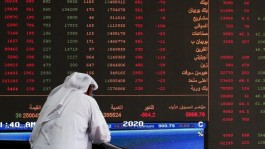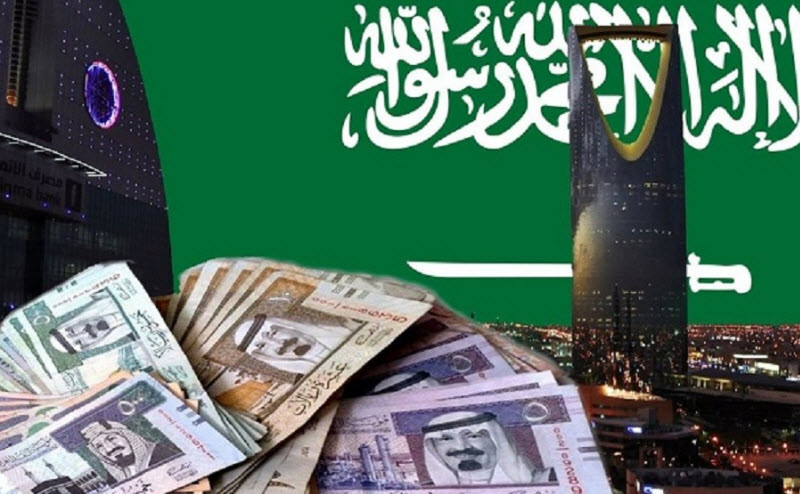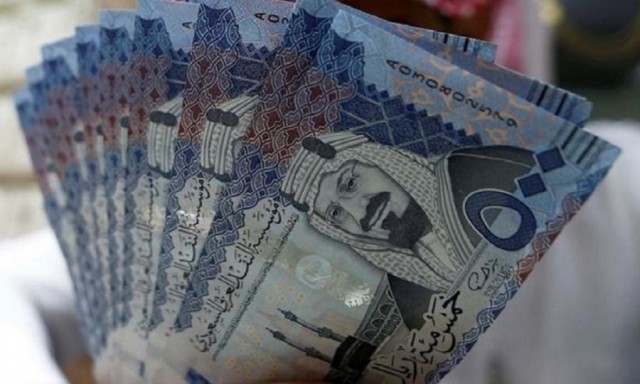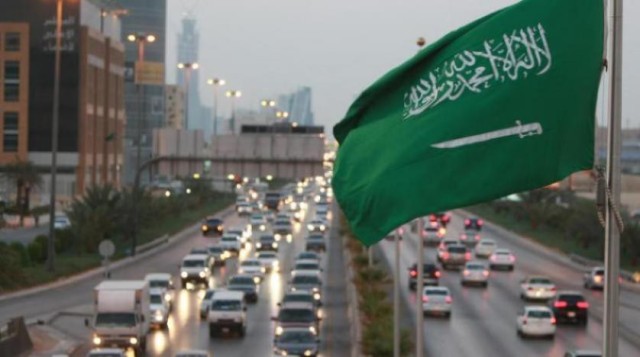The Kingdom of Saudi Arabia requested government departments to submit proposals to reduce their budgets by at least 20% as part of a new austerity plan to meet the sharp drop in oil prices.
Sources told Reuters that the request was sent more than a week ago because of concerns about the impact of the Corona virus on crude markets and before the collapse of the production cut agreement between OPEC and its allies on Friday.
One source told Reuters that when sending budget requests, Saudi officials were expecting tough negotiations with Russia over the need to deepen production cuts to stabilize markets. Moscow rejected the proposal to ignite a price war in the oil market between the two countries and plunging crude prices.
"The oil market was really low because of the impact of the Corona virus on demand in China, and besides that there were contacts at the (Saudi) sovereign level and the Russians were not positive," the source said.
The Saudi Ministry of Finance has sent directives to government departments to submit proposals to cut between 20 and 30 percent of their budgets for 2020.
One source said that the Ministry of Foreign Affairs has already implemented a 20 percent reduction, adding that the cuts will not affect wages but rather projects that can be deferred and contracts that have not been awarded yet.
The Ministry of Foreign Affairs transmitted a request for comment from Reuters to the Ministry of Finance, which was not received.
Saudi Arabia, the world's largest oil exporter, relies heavily on crude revenues. The International Monetary Fund said that Riyadh needs a price of $ 80 a barrel to set the 2020 budget, which has an estimated deficit of 187 billion riyals ($ 50 billion).
Economists expect the Saudi budget deficit to rise from 4.7 percent of GDP in 2019 to a double digit ratio. The government expected a deficit of 6.4 percent in December.
"Saudi Arabia needs a price of $ 85 a barrel of oil to adjust the government’s budget, but only $ 50 to adjust the balance of current transactions," Capital Economics said in a note on Tuesday. >
Analysts say that Saudi Arabia can bear the lower oil prices if the confrontation with Russia continues thanks to its huge foreign reserves, but it may need to increase borrowing in addition to reducing spending.
Riyadh stepped up confrontation with Moscow on Tuesday by announcing an increase in crude supplies to record highs in April, in what appeared to be a rejection of Moscow's initiatives for new talks.
Even before the directives, Saudi Arabia cut spending in the 2020 budget to reflect a trend to increase spending over three years in order to stimulate growth ...









































